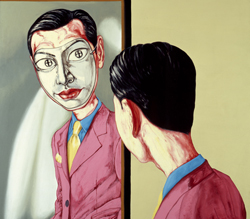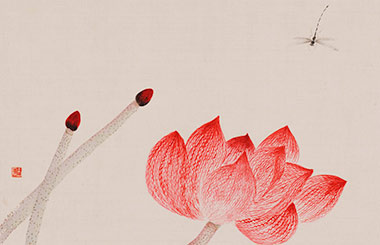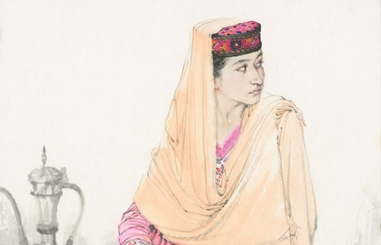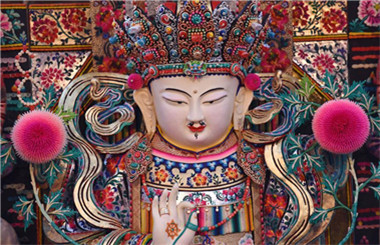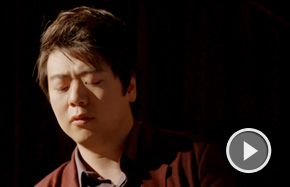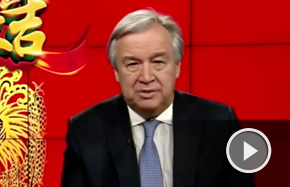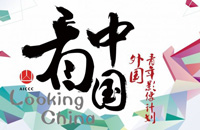Cornering the market
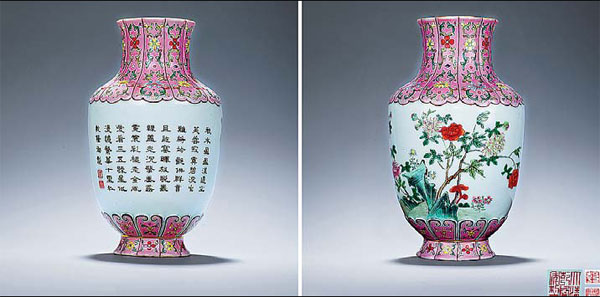 |
|
A famille rose peony vase with imperial inscription dating to the reign of Qing Emperor Qianlong. |
So far there has been no indication that Poly International and China Guardian - Christie's and Sotheby's major rivals in the Chinese art market - will increase their buyer's premium. The Chinese auction houses charge 15 percent.
Christie's and Sotheby's in the major sales rooms of London, New York and Hong Kong are maintaining a buyer's premium of 25, 20 and 12 percent, which means there are more medium- and high-rate lots.
Poly and Guardian will also hold their first Hong Kong spring sales in early April, offering Chinese paintings and calligraphy, antiques, modern and contemporary Chinese art, jewelry and timepieces.
|
|
| Auction items on display |
"Chinese auction houses have to charge less to retain their competitive advantages in the international market," says Gong Jisui, a professor at the Central Academy of Fine Arts.
"On the other hand they feel the huge pressure of rising costs and they spend lavishly on previews and promotions. It's going to be unavoidable for them to increase the buyer's premium sooner or later."
He adds Chinese companies will in the future also implement a sliding scale for the buyer's premium and hammer price. "When and how depends on their sensibility to the market and their clients."
Analysts believe auction houses will hold more private sales of medium- and high-priced items. Christie's realized $1 billion of private sales in 2012, an increase of 26 percent on the previous year, while Sotheby's grossed more than $270 million in private sales in 2005. The number surged to $815 million in 2011, and totaled $906.5 million last year.
"Private sales provide tailored services for high-end clients," says Guan Yu, director of the Beijing-based Art Market Monitor of Artron. This changes bidding battles into negotiated price deals.
"The process offers reduced buyer's premiums, in comparison to auctions, and avoids possible transaction risks."
Ching of Sotheby's Asia, however, says the new buyer's premium will not boost private sales.
Related:
Chinese fine art feels the pinch
The Chinese fine art market has run out of steam after three years of phenomenal growth, with sales at auction plummeting sharply in 2012. More...
Although China has a long tradition of ink painting, the medium was branded as feudal elitist during the "cultural revolution" (1966-76), and shunned in favor of Western-style Social Realist oil painting techniques. More...
Sotheby's Asian art sale moves into new territory
Falling sales paint a bleak picture for China's art market
Spring has yet to warm the hearts of China's auctioneers. Instead, a chill wind is blowing through the art market. In contrast to recent years, the spring auction season, which began in early February, has been a cause for concern rather than celebration.More...




